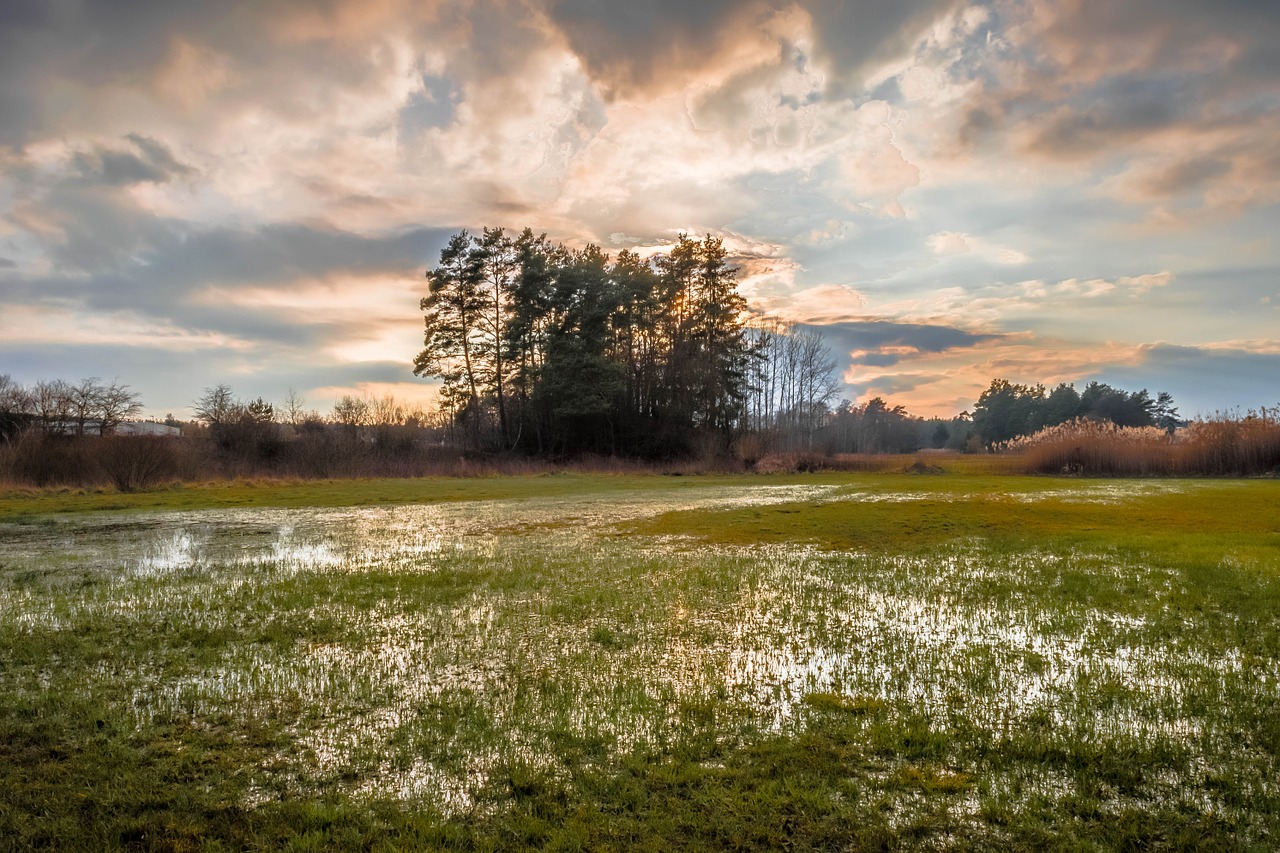
By Dr. Thomas P. Cook, special to Statehouse Report | Living through a pandemic has taught us lessons we couldn’t learn in a classroom. As a medical educator, I’m hopeful one silver lining from this devastating situation is understanding the connection between public health and the vitality of our state, country and planet.

Right now, we can comprehend the importance of preparing for a global public health emergency in a way we couldn’t have one year ago. Just as public resources are dedicated to maintaining armed forces in times of peace, responsible governing means preparing for all realistic global threats. COVID-19 felt like it came out of nowhere, but scientists warned us that a disease outbreak of this magnitude could strike at any point. Plagues have occurred throughout recorded human history.
As policymakers reassess risk-management efforts and global security priorities in the aftermath of the coronavirus, it’s imperative that the impacts of climate change be included in conversations about public health policy. What does climate change have to do with public health? A lot, actually. In 2009, a committee of The Lancet, an internationally-renowned, peer-reviewed medical journal dating back to the 1800s, wrote that “(c)limate change is the biggest global health threat of the 21st century.” The impacts of climate change, they argued more than a decade ago, “will be felt all around the world — and not just in some distant future but in our lifetimes and those of our children.”
Climate change is already affecting public health globally, nationally and right here in South Carolina.
When we talk of our changing climate, we think of rising temperatures. Here in the South in recent years, we’ve felt milder winters and longer, hotter summers. These changes may not drastically affect our day-to-day lives, but sustained increased temperatures, even marginal increases, exacerbate pre-existing health issues. Many of these are common among South Carolinians, including diabetes, chronic lung disease, and cardiovascular disease.
We’ve also faced bigger storms and more of them in recent years. Hurricane season starts earlier and ends later. Coastal evacuations are an annual affair. Increases in extreme weather are a consequence of climate change and pose definite health and safety risks. Even their aftermath can create health hazards. Hurricanes and storms leave residual dampness in buildings that have flooded. Damp indoor environments cause mold contamination and increase prevalence of asthma and respiratory infections.
Remember last October when you swatted a mosquito after the leaves had fallen from the trees? The impacts of climate change influence the transmission of diseases like Lyme disease and West Nile virus spread by “vectors,” such as mosquitoes, fleas and ticks.
These are just a few examples, but for nearly every measurable impact to our planet caused by a changing climate, there’s a related public health impact.
Throughout the coronavirus crisis, we heard many public figures utter the words, “We are all in this together.” Well, we are all in this together — this planet. The Earth is ours to share. All of us require air to breathe and water to drink, and all of us are impacted personally when our shared environment is threatened.
These changes are already affecting our lives and our health and will continue to do so. Just as we dedicate resources and attention to preparing for global security threats, we must dedicate resources and attention to preparing for global health threats.
As South Carolina leaders, let’s act on sound science and tackle the global challenge of climate change before we have to learn any more global public health lessons the hard way.
Because we ARE all in it together. After all we’ve endured this past year, this is perhaps the greatest lesson of all.
Dr. Thomas P. Cook is the program director at Prisma Health Richland Hospital Emergency Medicine Residency Program in Columbia.



Dr. Cook is spot on with his admonitions on the climate’s coming stronger link to more public health-related expressions of the climate impact.
I am not quite sure what has been learned in the pandemic. Setting aside $500 million in next year’s budget is a good sign. Assuming it is not done at the expense of others who are simply neglected in our SC policy considerations. (Legislators are hard of hearing also lacking vision acuity).
“Because we ARE all in it together. After all we’ve endured this past year, this is perhaps the greatest lesson of all.” One would hope but methinks the jury is still deliberating the takeaway.
Thank you for this message. It’s important! I respond as a representative of the Citizens’ Climate Lobby, a mostly volunteer group that is working to create enough political will to see legislation passed in congress that will put a price on carbon. Economists, scientists agree that putting a price on carbon will help drive innovation and provide incentives for utilities and industry to shift to renewables of all kinds. If we couple the carbon price with a carbon dividend, we can help households absorb the rising prices in gasoline and other consumer products. Having support from those in health care is critically important. Shifting to renewable energy will save lives, create new jobs, and grow the economy. Thank you for your statement!